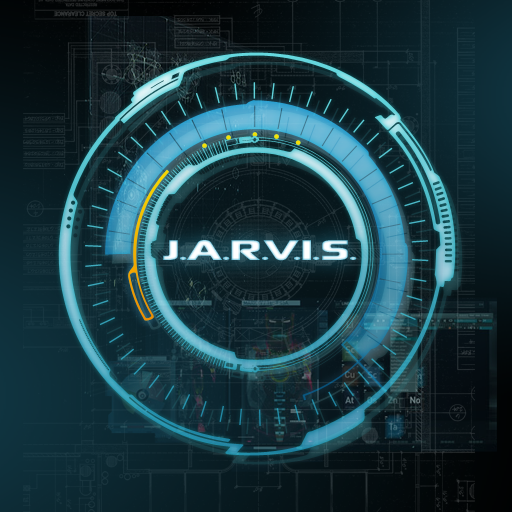Many of us have caught the news that Microsoft’s CEO Steve Ballmer’s tenure is up. Over the next 12 month’s Ballmer will work to transition a replacement. This replacement will be faced with extremely hard decisions about Microsoft’s future. Whoever he or she is, I hope they are ready.
In my opinion the crux of Microsoft’s fade into irrelevance is their complete ineptitude to understand consumers. I believe Bill Gates, Steve Ballmer, and the rest of the crew at Microsoft understood a business user but I don’t believe for a second that they had any genuine understanding of consumers and consumer markets. On the flip side Steve Jobs had an amazing understanding of consumers. This was who Steve Jobs built products for and unfortunately in the early days it almost killed the company. The reason for this was because there was no true consumer market for PCs there was only a business/enterprise market. Bill Gates and Steve Ballmer and crew, built solutions that they understood–business and enterprise focused solutions. And during this time it was exactly what the market needed to grow. However in the early 2000s things changed. A pure consumer market emerged for computers and Microsoft was not prepared to compete against a company whose focus and passion were consumers.
The Fork in the Road
So Microsoft finds itself at a fork in the road. I find it very hard to believe in todays global marketplace that a single company can compete effectively in both consumer and enterprise markets at the same time. I believe Microsoft must choose to focus on business/enterprise customers OR consumer customers. They cannot do both.
Not much need change in the way of Microsoft’s outlook and strategic direction should they choose the enterprise focus. However, I don’t believe this is the path they will choose. RIM was in a similar position and chose to go after consumers and it killed them. But I believe the allure of a giant, yet not always profitable, consumer market will entice Microsoft to go this route. If this is the case, a lot must change at Microsoft.
The new CEO must change the culture first and foremost. Microsoft needs an agile and forward thinking group of executives with a vision of the 20 year future and Microsoft’s role in that future. Microsoft needs to focus more consumer oriented RND and innovation efforts. But perhaps most importantly, Microsoft needs to bring executives to the forefront who actually understand consumer markets. Things like the whats and why regular consumers buy things. This is not easy and only a few companies even remotely do this well.
The other expertise Microsoft needs to acquire if they choose the consumer path is regional expertise. Consumer markets in each region outside of the US like Asia, India, etc., will all behave differently. Gaining consumer intelligence is key but so is gaining that insight for the nuances of each region.
Without question Microsoft’s new CEO will be faced with a gamut of challenges. Even a new CEO does not guarantee Microsoft’s future security.


